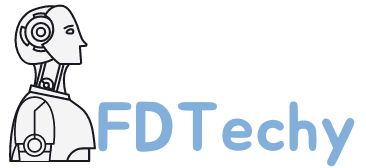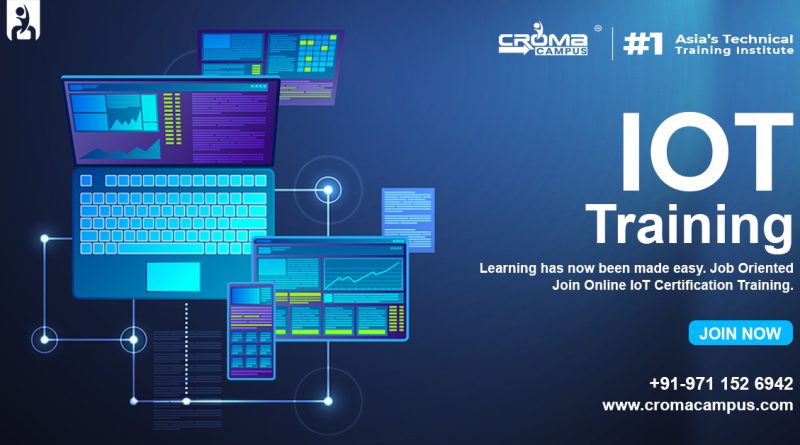What Are The Benefits Of Using IoT In Business?
IoT means the Internet of Things and it is a network of physical objects connected with sensors, software, and other technologies. In addition, the primary objective of this network is to exchange data with other devices and systems over the internet. IOT Online Training.
Benefits of Using IoT in Business:
Thus, minimizing the number of workers and reducing the cost of business operations. In addition, it facilitates efficient operational management and provides automated control over multiple operation areas like inventory management, shipping tracking, fuel, and spare parts management. IoT allows a business to make better and significant use of its resources & assets through automated scheduling and monitoring. To further know about it, one can visit IOT Online Training. Apart from these, given below are some of the benefits of using IoT in a business.
Cost-effective operation –
It reduces downtime periods and automatically schedules and controls maintenance. In addition, it also deals with the supply of raw materials, and other manufacturing requirements and results in higher profits. Above all, it facilitates management within each department and across the whole enterprise structure.
Improved work safety – Moreover, it is useful in creating safe working conditions for investors, partners, and personnel. Above all, it helps in reducing the probability of human error during various stages of business operation.
Thorough marketing and business development –
It is useful for organizations in gathering large volumes of user-specific data. This data helps in developing business strategies, targeted advertising, fine-tuning price policy, and other marketing and management activities.
Enhanced customer service and retention –
Using this technology allows a company to understand the behavior and patterns of its customers. In addition, it also enhances customer satisfaction by providing after-sales facilities such as automatic tracking and reminding the customers about the required maintenance of purchased equipment.
Better business opportunities –
Companies use IoT solutions to offer a wider range of services or products. In addition, they also use it to increase the quality of products in comparison to their competitors. Thus, becoming more competitive and attractive as a potential business partner.
More trustworthy idea of the company –
Implementing high-tech solutions and IoT makes a positive impression on customers, investors, and other business partners. In addition, providing a safe and secure working environment through a network of smart devices attracts experienced staff members to a company.
Skills Required to Become an IoT Engineer:
IoT developers need to have a deep and good understanding of sensors and other forms of wireless communication. They should have a background in computer science or electrical engineering as it will help in clearing basics from a very starting level. technology uses a web-based language for data processing backend, and the code running on the device. Moreover, find yourself a community of IoT makers, inventors, and entrepreneurs as it will help in exploring and developing your ideas into reality. Many institutes provide IoT Online Training and one can enroll in them to master these skills.
- Coding skills in multiple programming languages like Embedded-C, Embedded C++, and Python.
- Good understanding of Linux OS and its process management, device management, and connectivity features.
- Having good knowledge of embedded software architecture is a must.
- They should have experience in working with UML use-case diagrams, class-diagram, and sequence diagrams.
- Should have technical knowledge in working with 32-bit ARM cortex M3/M4 controllers.
- Having prior experience in working with wireless stacks like ZigBee or Thread or BLE-Mesh.
- Expert knowledge and proficiency in writing business logic in embedded environments.
- Should be capable of using test-driven methodology on RTOS and non-RTOS platforms.
- Proficiency in communication protocols including I2C, SPI, 1-wire, UART, MODBUS, and DALI.
- Excellent communication and problem-solving skills along with analytical thinking abilities.




